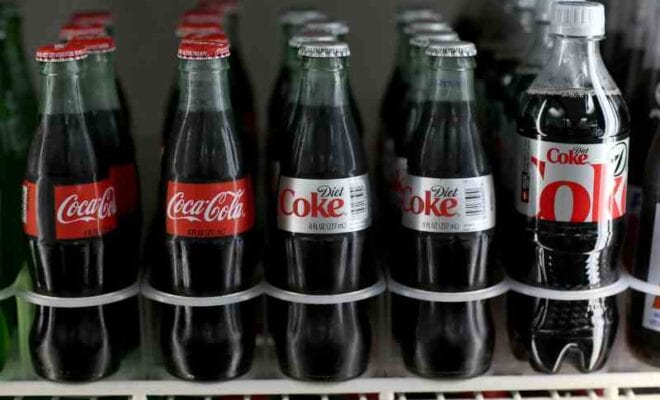Indian Second Wave Hits Non-Alcoholic Beverage Sales Sharply

The non-alcoholic beverage industry has been badly hit by the second wave of the Coronavirus pandemic. As medical advisory is recommending less use of aerated drinks and cold beverages, the top players in the market Pepsi and Coca-Cola do not seem to be able to recover from the setback they faced in the first wave itself.
According to the global analytics company Crisil, despite some recover after a constant drop down by the fifth last fiscal, revenue will still fall 10percent short of the fiscal 2020 mark.
Beverages sales will also be impacted in the peak season due to localized lockdowns and restrictions on movement, apart from the medical advisories doing rounds.
Outcome will be affected due to low consumption in hotels, restaurants and cafes too, that constitutes almost 20-25percent of the overall sales of beverages.
Related Posts
Unlike the juices and bottled water segment, demand for high-margin carbonated soft drinks (CSD), forms two-thirds of the beverage portfolio of players, was impacted less during lockdowns.
According to official reports by The Reserve Bank of India (RBI), the impact of the second Covid-19 wave on the economy has so far not been as severe as the first wave. However, the movement of people to shops, work, bus stations and other public places is only at half of what it was during the ‘pre-pandemic’ days — at par with mobility trends seen in June 2020.
Mobility indicators have fallen again to June 2020 levels. People are not looking for restaurants, cafes, malls, and movie halls as much, dropping the percentage by more than half of what it was in January and February 2020, according to Google’s Mobility Report for India. It is no wonder that non-alcoholic beverages sales has also dropped dramatically.
Less mobility, therefore, means less demand. And less demand means businesses end up bearing the brunt of the lockdown, as in the case of the non-alcoholic beverages industry, led by giants like Pepsi and Coca-Cola.



